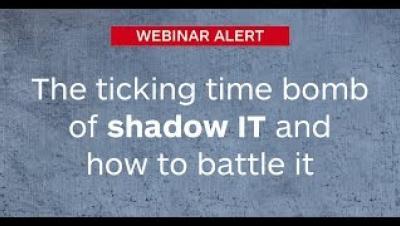Messaging Layer Security (MLS): the future of secure messaging
Messaging Layer Security (MLS) is a new end-to-end encrypted protocol that is developed by an IETF workgroup. Wire initiated the idea, along with Mozilla and Cisco, in 2016 with other contributors joining the efforts later: the University of Oxford, Facebook, INRIA, Google, Twitter. MLS’s major goals are to make end-to-end encrypted messaging in (large) groups efficient and more secure and to become an open standard.




